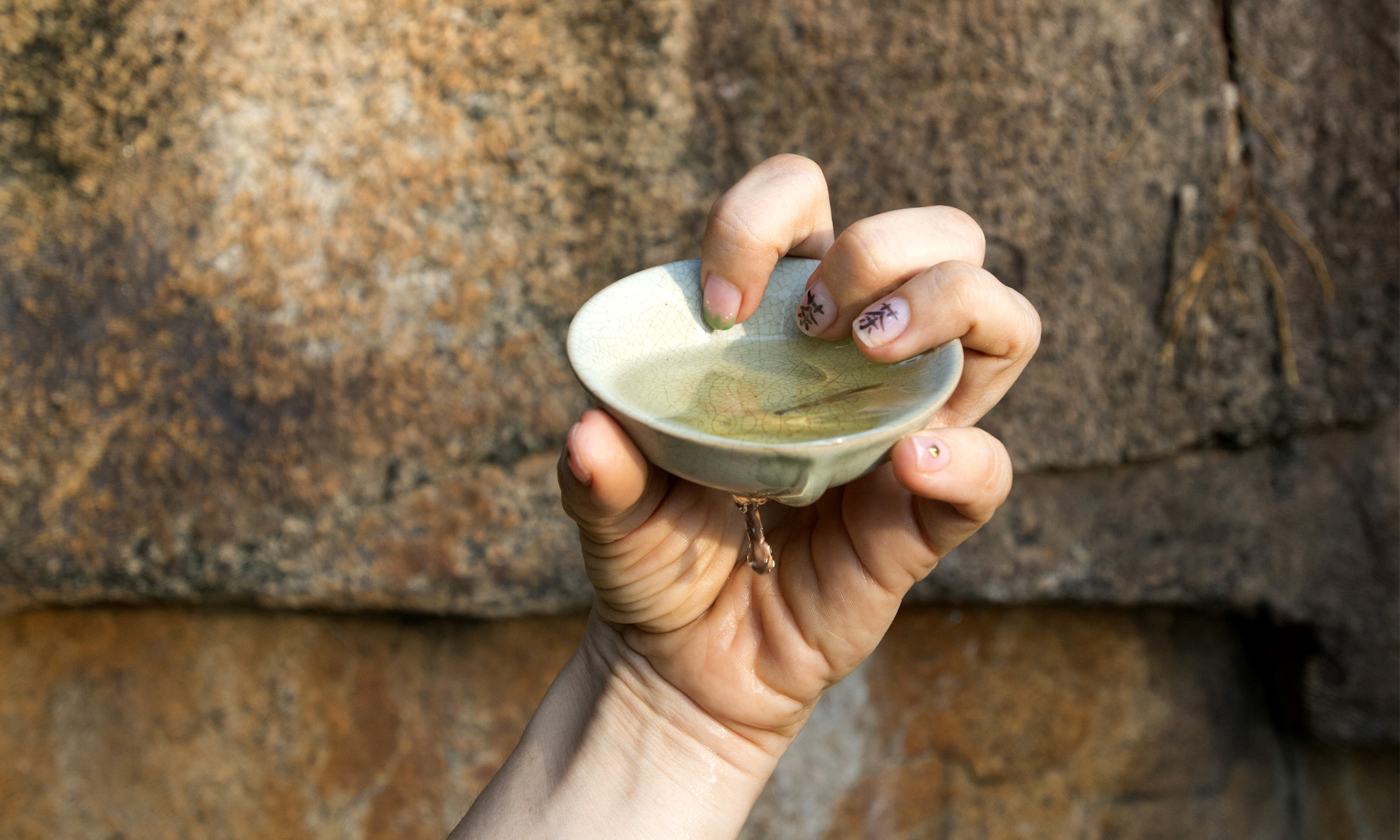When do you drink tea? What do you drink? Try the local Chinese logic when choosing your next brew.
Any given day, at nine in the evening, while you will find plenty of folks sporting their beer bottles, you will also find just as many Fujian peeps huddled over a tea table. It is quite adorable. Guaranteed those knocking back tea any time past 5pm are the hard core drinkers. They probably started drinking tea sometime between being weened off milk and their permanent teeth appearing. No need, none what so ever, to even try keep up with them, trust me.
I, who by local testimony, can handle my tea pretty well have to call it quits about 4pm if I want to sleep that night. It is highly and likely anything past that will rob me of my slumber. Happy to say, I am not the only one: I know a good number of locals who draw the line for consumption in the afternoon. So, how the local tea drunks do it is beyond me. Mind you, they have quite a head start, hands down.
But even they have some guidelines. Here are some. Hope you find them useful.

Locals don’t drink tea on an empty stomach. If one must do so, let it not be green or oolong tea is the word on the street. Mornings are usually preserved for hot soya milk rather than tea. After some icky sweet soya milk and an illegally white mantou (read: steamed bun), one might consider stepping it up with tea. So, rule number one seems to be: where as one can drink until whatever hours of the night, one should not start early in the morning. Sounds reasonable.
Second, rather peculiar observation is: some shy away from drinking too much tea of the same year. According to Chinese Medicine it is too 寒 han, which over simplified just means cold or causing cold in the body (and no, I don’t mean the cold as in the flu). In other words, folks like this will give the fresh harvest a pass after having tasted it and evaluating is it worth hoarding or not. Mind you, even when writing this I have an element of resistance in my fingers, because on this topic there are clearly two camps: With Tieguanyin, the main fun is to drink the fresh harvest, as is with a few of the black teas from Wuyi and definitely the case with some of the whites… and yet, one of the biggest and most renowned tea producers in Fuding – Liu Miao – doesn’t even let you buy that year’s spring harvest until 6-8 months down the line. So, go figure. Anyway, many go for tea with a bit of age. And if one’s economy can afford it, some feel the older the better.
Next: seasonal needs. In line with the never lurking too far away Chinese medicine, I have been instructed in winter time to favour black tea, Pu’er tea, aged white tea (over 3 years and more preferably) – and even then Gongmei and Shoumei (please see my post about Fuding White teas). Summertime one is allowed to drink green tea, the younger and lighter whites, and basically whatever one wants by the sounds of it (don’t you just love summer!).

Obviously, if I was living in Zhejiang or Sichuan they would enjoy green tea all year round, so all of this is really very skewered by the Fujian angle; worth keeping in mind. And not just that: if my drinking guide for the day comes from Wuyi mountains or Anxi, I am pretty certain to get an earful of why their local tea can be drunk anytime anywhere.
Nonetheless, all of them do say pretty much the same when it comes to maturity: in winter – go for older tea. Fair enough.
Having all that said, there still seems to be one aspect – one which goes past the beverage. The reason why those hard-core drinkers still sit brewing while the sun is setting and the mosquitoes come out, is part drink part conversation.
Hence, once you have chosen the perfect tea of choice, take just as much care in choosing your company and then just watch the time fly.

